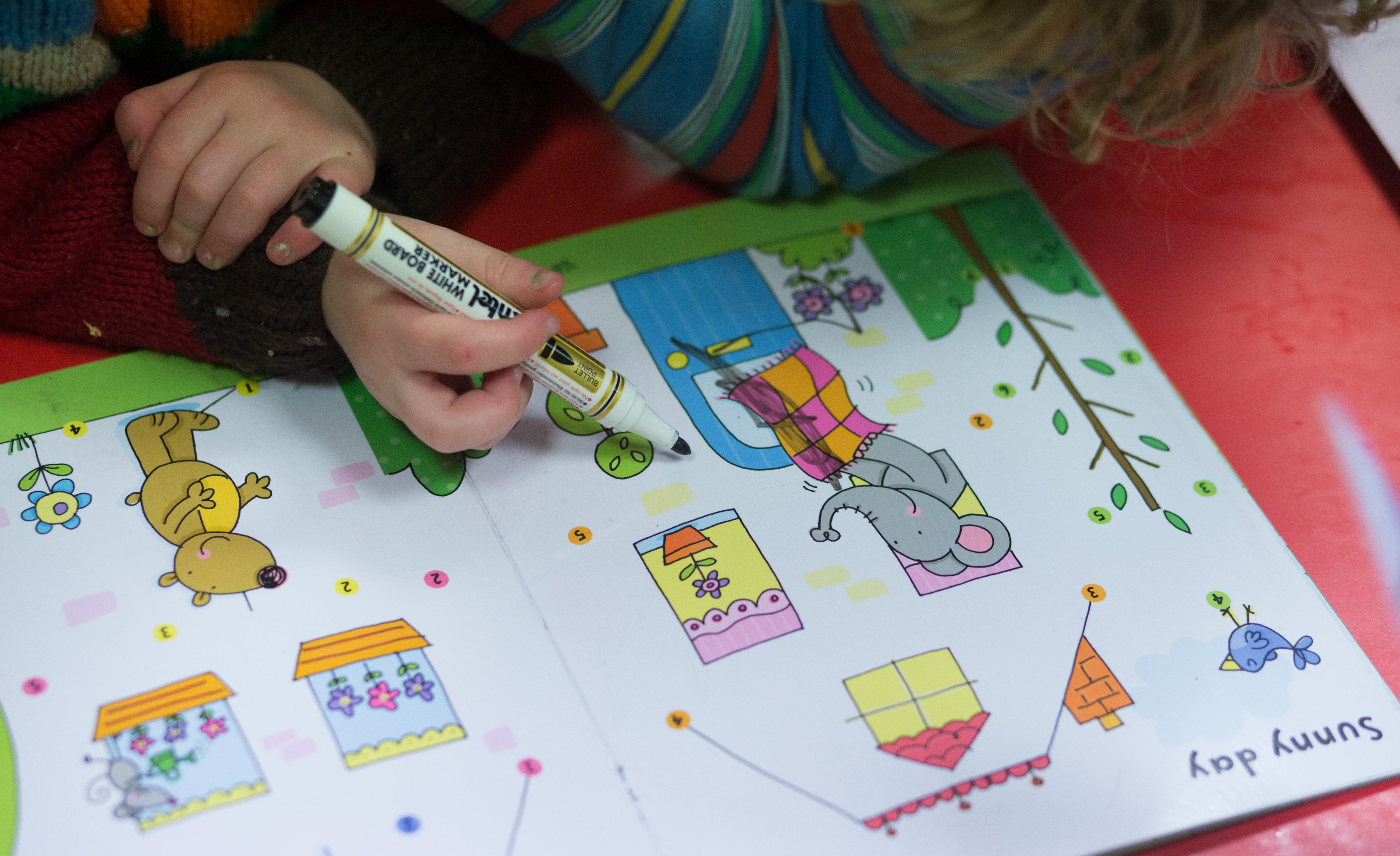Quarter of women with one child want more but can’t afford it, survey suggests
Women are less likely than men to be allowed to work flexibly for childcare reasons, report finds
Your support helps us to tell the story
From reproductive rights to climate change to Big Tech, The Independent is on the ground when the story is developing. Whether it's investigating the financials of Elon Musk's pro-Trump PAC or producing our latest documentary, 'The A Word', which shines a light on the American women fighting for reproductive rights, we know how important it is to parse out the facts from the messaging.
At such a critical moment in US history, we need reporters on the ground. Your donation allows us to keep sending journalists to speak to both sides of the story.
The Independent is trusted by Americans across the entire political spectrum. And unlike many other quality news outlets, we choose not to lock Americans out of our reporting and analysis with paywalls. We believe quality journalism should be available to everyone, paid for by those who can afford it.
Your support makes all the difference.A quarter of women with one child want to have more but can’t afford to, a survey laying bare the financial pressures facing parents suggests.
One in five working mothers have also considered leaving their job because they can’t cope with juggling work and childcare, the report by Totaljobs and the Fawcett Society found.
Researchers surveyed around 3,000 working parents with children aged four and under, and found that women were more likely than men to feel strained by the costs of having children, by 34 per cent to 22 per cent.
Mothers were also 1.5 times more likely to struggle to save for future expenses because they were spending more on looking after their children. The increasing costs of having children were affecting families’ decisions about the future, the report found, with 25 per cent of mothers with one child saying that they couldn’t afford to have more.
The Fawcett Society, a charity that campaigns for gender equality, said working mothers were also less likely to have flexible working requests approved compared with men. Some 43 per cent of working fathers said their bosses had approved such requests, compared with 39 per cent of mothers.

Researchers added that one in five working mothers – 19 per cent – had considered leaving their job because of the difficulty of balancing work and home life. One in 10 said they had quit over childcare struggles, rising to 13 per cent among single mothers who took part in the research.
Data from 2021 shows that the number of mothers who have dependent children and are in employment is at a record high of 76 per cent. However, women are still more likely to be out of work than men.
Among those in their thirties, one in 10 are not working, compared with just one in 100 men in the same age group.
According to the charity Coram, the average annual cost of a full-time nursery place for a child under two is now £14,836 – with costs rising 6 per cent in the past year. Availability of places has also fallen, and government figures from 2019-2022 show that there are now 9,800 fewer childcare workers in the UK.
The weekly average cost of an after-school club is £62.13, according to the National Childbirth Trust, and the weekly cost of a childminder is £71.06.
Jemima Olchawski, chief executive of the Fawcett Society, said the UK couldn’t afford to let “talent go to waste” and must be more accepting of flexible working practices.
She added: “For businesses who are struggling to retain talent and combat ongoing skills shortages, the opportunity to develop promising careers that should never have stalled in the first place is an obvious step towards solving these issues. This must change.”
Join our commenting forum
Join thought-provoking conversations, follow other Independent readers and see their replies
Comments